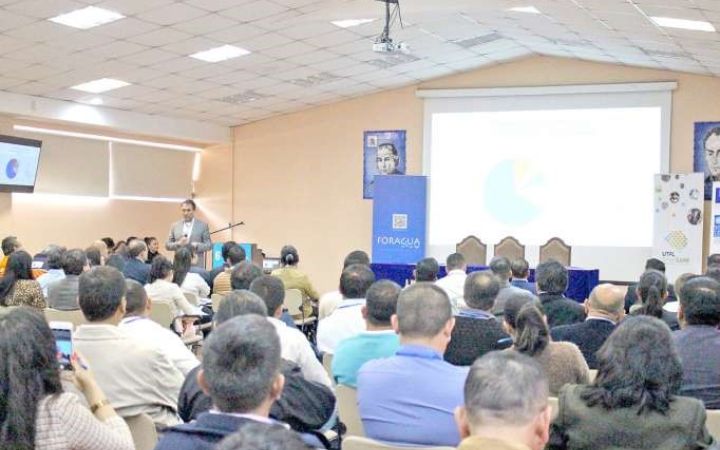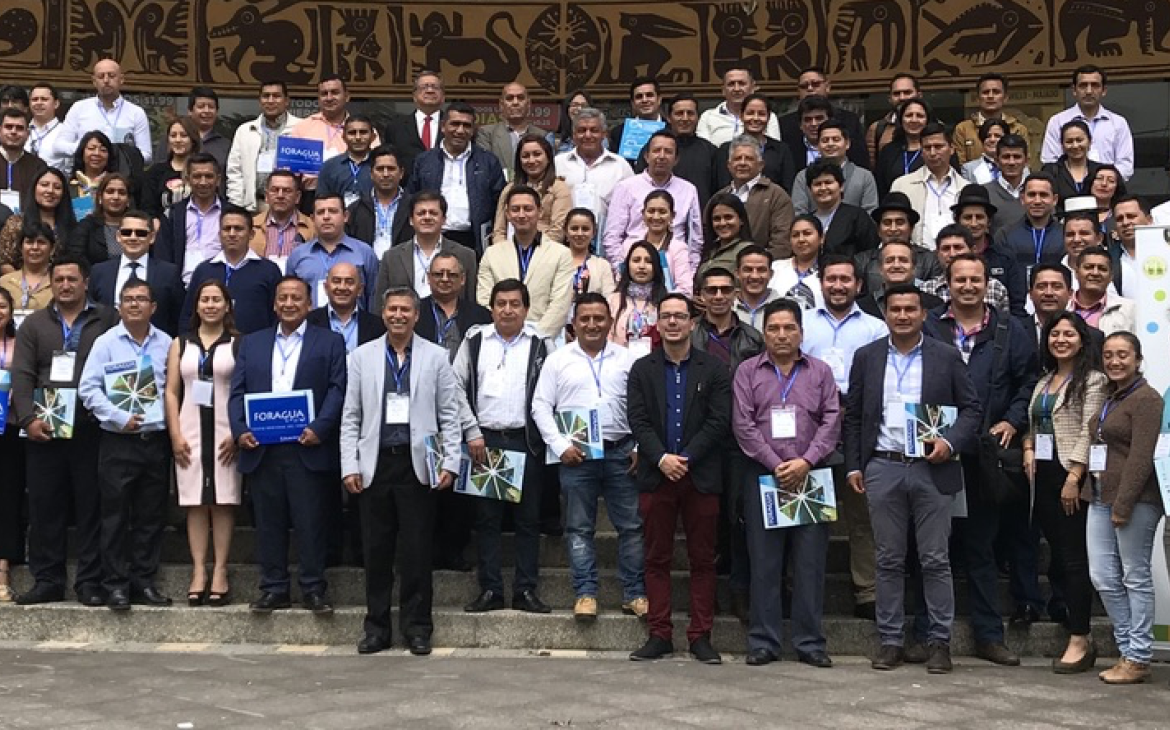30 April 2019, Loja, Ecuador - The International Training Centre for Authorities and Leaders in Miami (CIFAL Miami) in partnership with the Regional Water Fund (FORAGUA) and the Private Technical University of Loja held the workshop “Tools for the governance of water resources within the framework of the 2030 Agenda”.
The main objective of the event is promoting strategies for the public management of water resources in accordance to the 2030 Agenda for Sustainable Development, specifically with the Sustainable Development Goal 11 in relation to sustainable cities and communities.
Rapid growth of cities implies new challenges for humanity, especially in terms of administration of natural resources. According to the United Nations Development Programme, in 2018, 4.2 billion people lived in cities, and by 2050 this number is expected to reach 6.5 billion. These figures reflect not only the importance of taking action around the preservation of natural resources, but also the correct administration of these resources to ensure food and environmental security.
In order to contribute to this endeavor, CIFAL Miami and its partners gathered 120 local authorities, including mayors and council members from the Ecuadorian provinces of Loja, Zamora Chinchipe and El Oro to efficiently manage water resources from a sustainable development approach.
The workshop was comprised of 6 sessions on the following thematic areas: Introduction of the 2030 Agenda for Sustainable Development; financial mechanisms related to the Water Regional Fund; programs to support conservation, restoration and sustainable production in Ecuador; water, energy and food safety in the realms of climate change; building local capacities through the water school; and identification of issues related to water resources at the local level.
By the end of the workshop, participants expressed their high level of acceptance as they could learn more about the financial mechanisms towards the conservation of water resources and how this is linked with the 2030 Agenda for Sustainable Development, as well as they could exchange successful experiences related to management of water resources.



